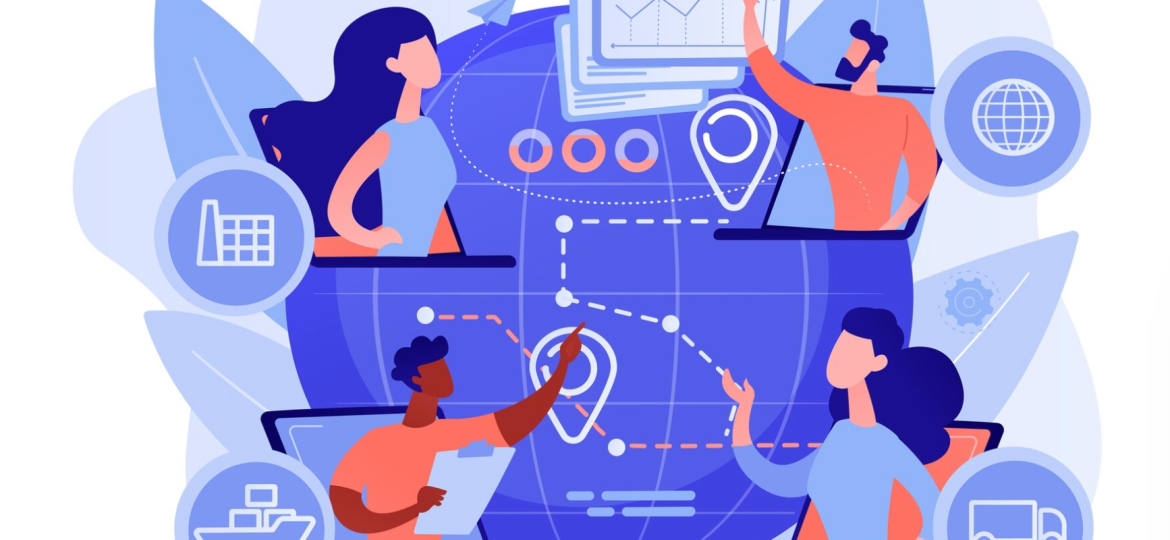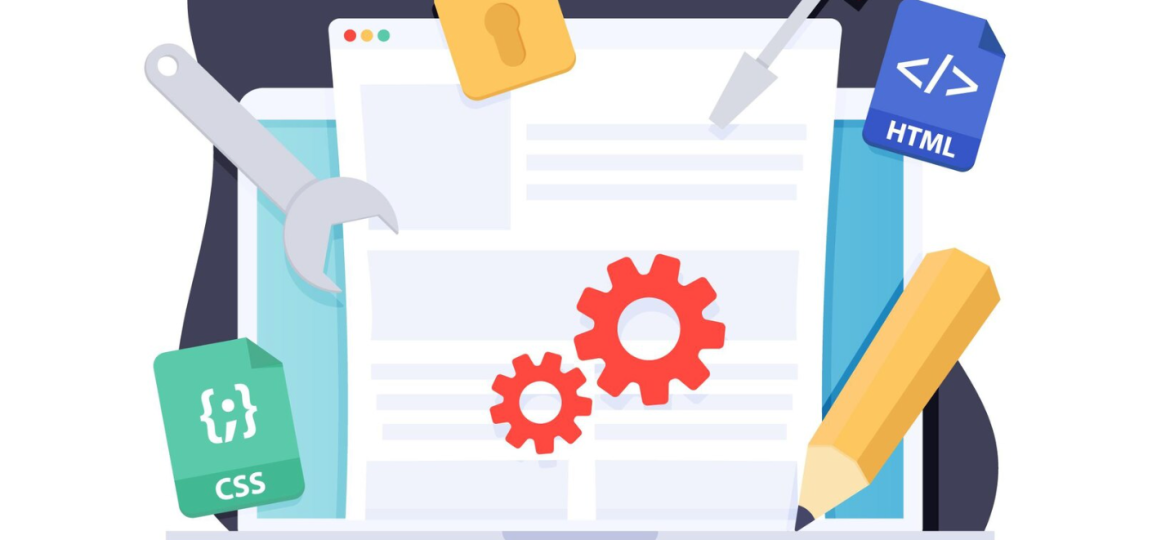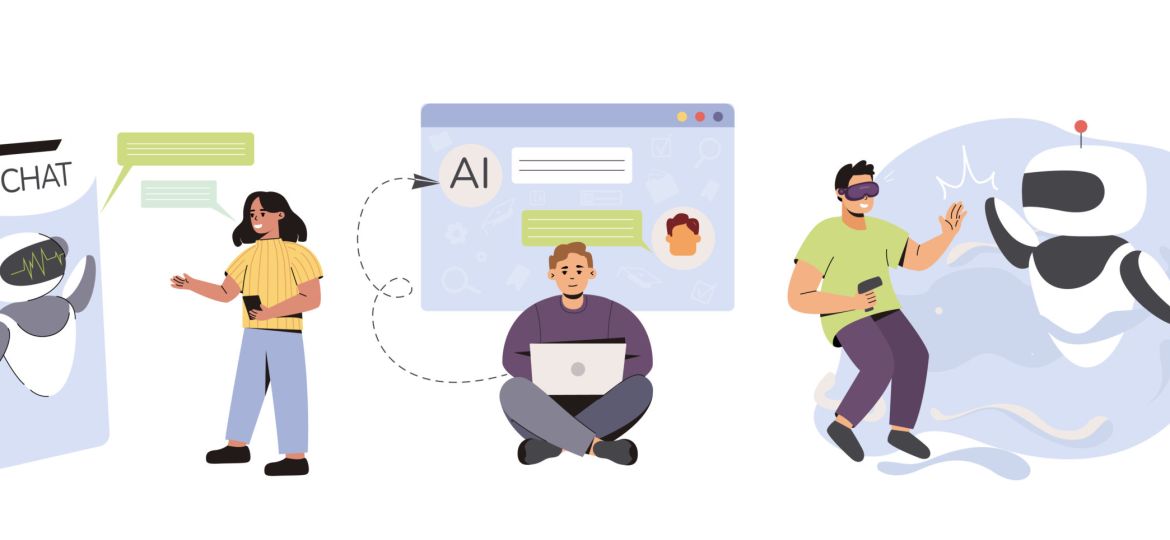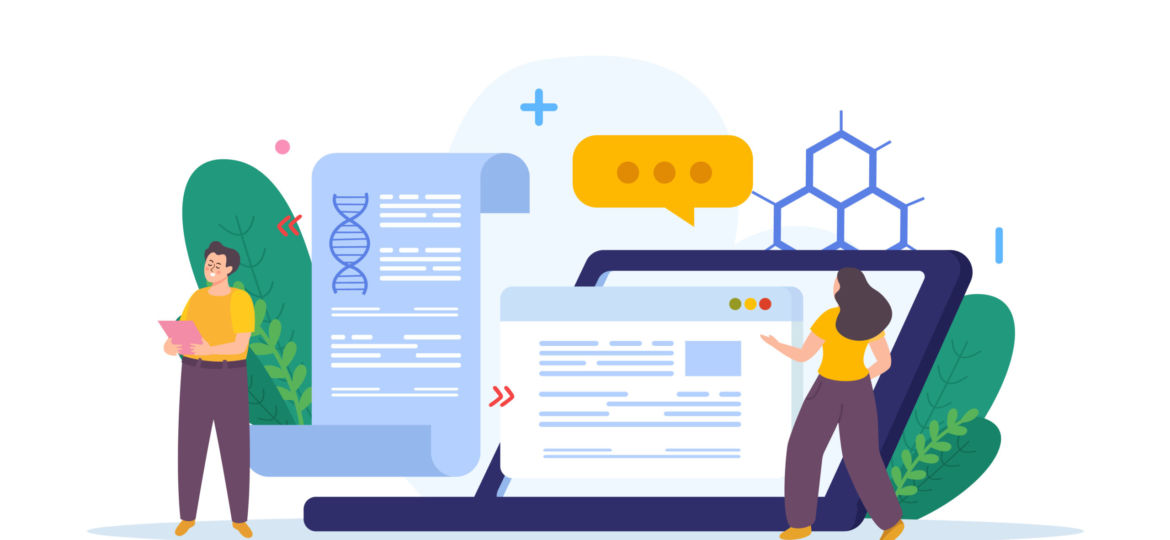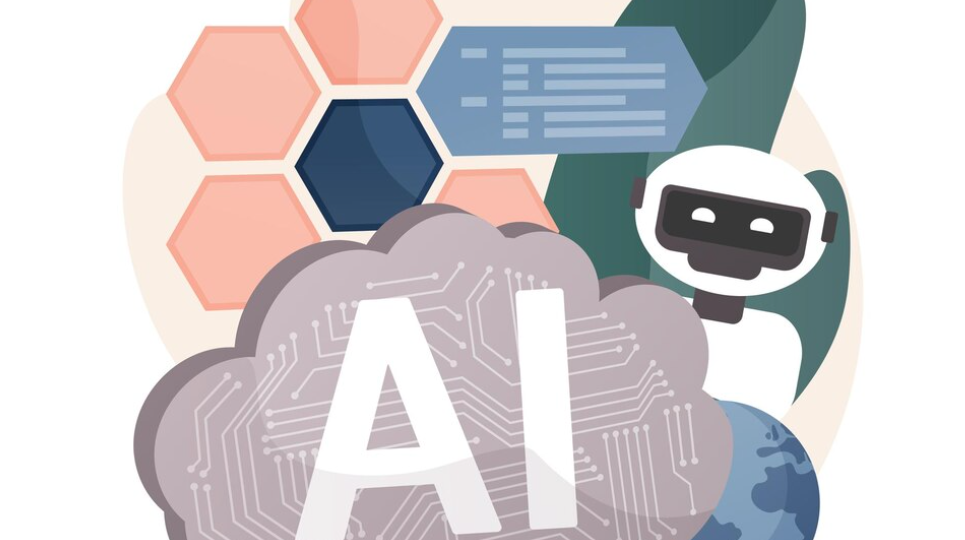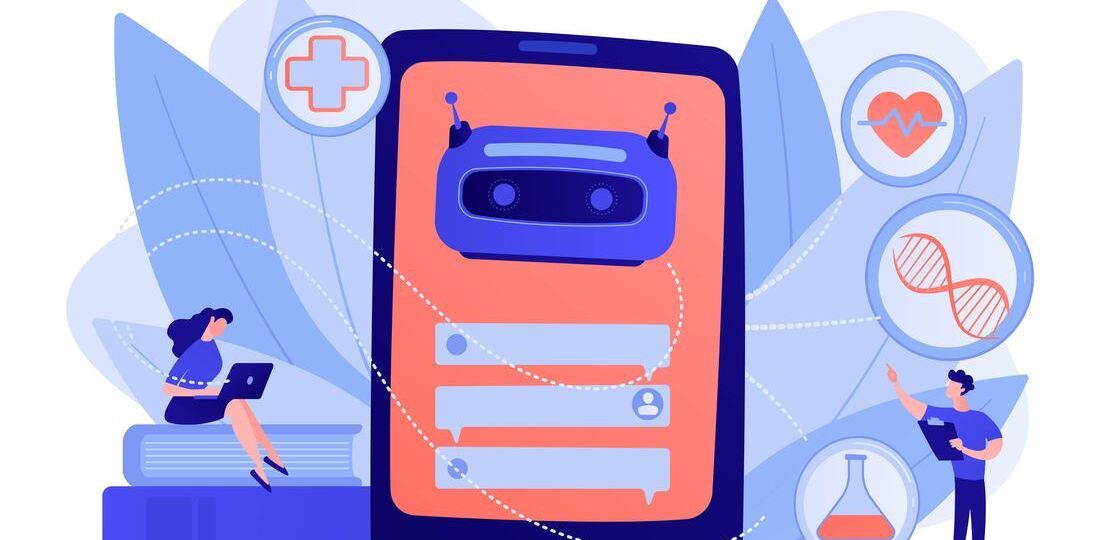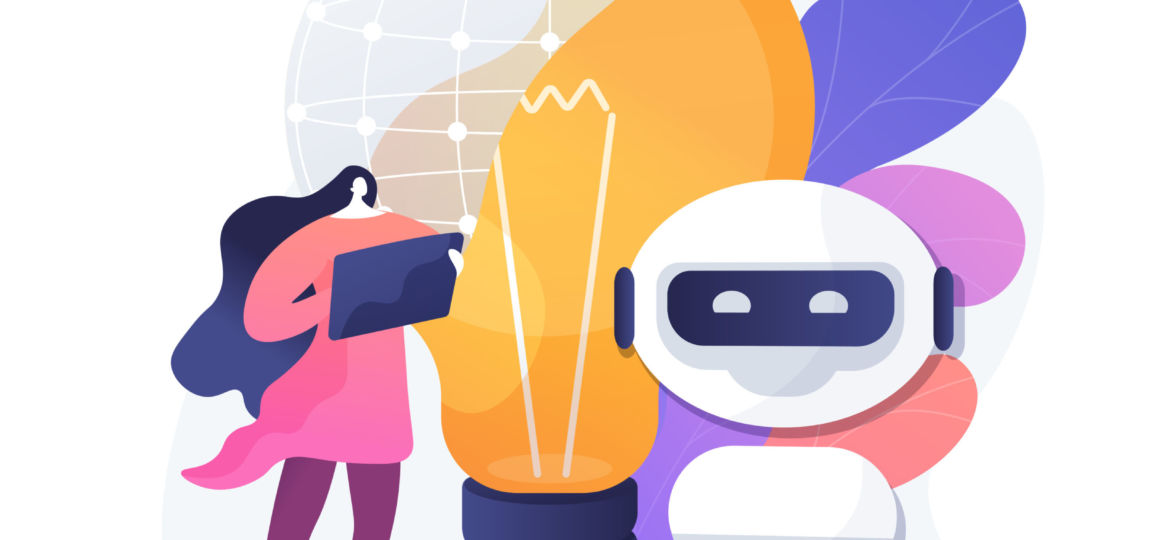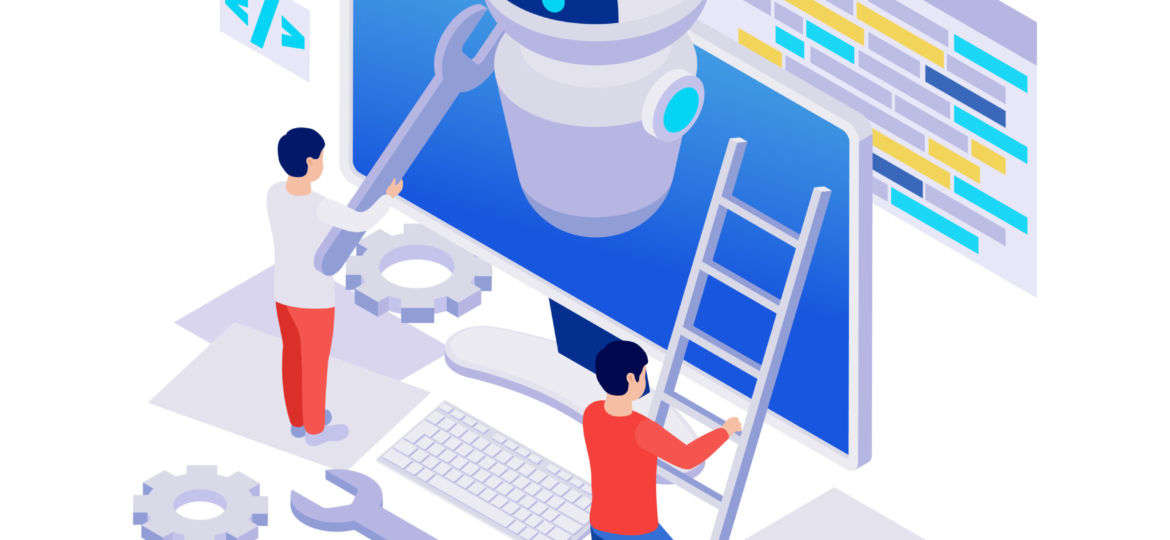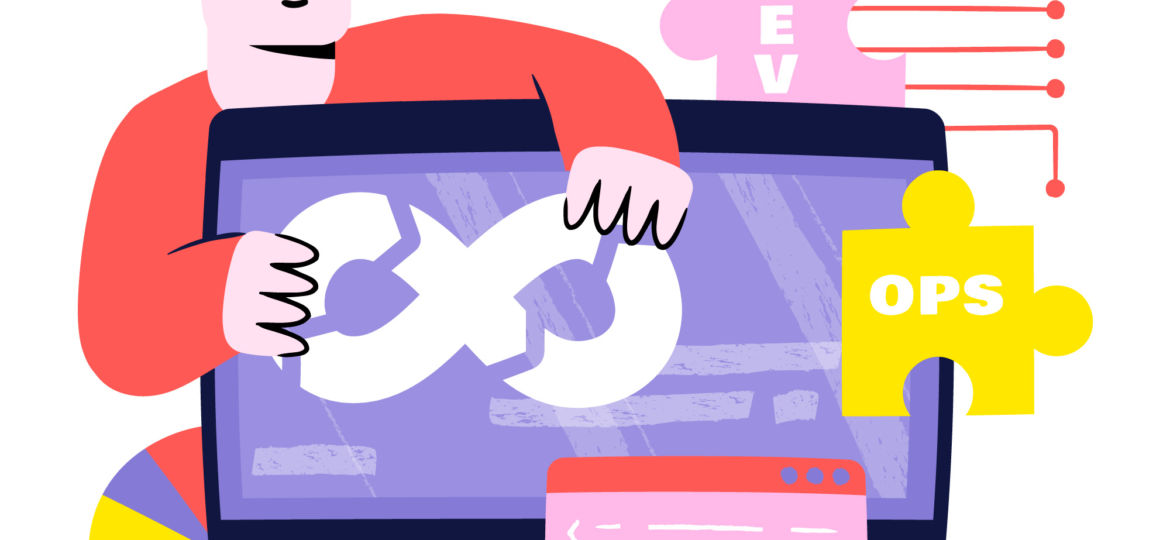If your US-based business handles data from European customers, you need to be aware of the General Data Protection Regulation (GDPR). This regulation extends beyond Europe and has practical implications for businesses worldwide. Here’s a guide to help you understand two crucial aspects of GDPR compliance: privacy notices and the requirement for a data protection representative in the European Union (EU).
Software
The European AI Act introduces new requirements for developing and using AI systems. Similar to the GDPR, the AI Act impacts businesses outside Europe. Since many AI applications involve personal data, both the AI Act and GDPR will often apply.
This article aims to provide practical guidance for businesses that supply or purchase hardware and software and explores warranties in software and hardware supply contracts – what they cover, common warranties and warranty disclaimers, and practical tips to help you understand these contractual terms.
As generative artificial intelligence (GenAI) becomes integral to various industries, understanding its mechanics and associated intellectual property (IP) implications is essential for businesses. This article explores GenAI applications from an intellectual property perspective, highlighting key considerations for EU businesses involved in contracting or providing AI services.
A software licence is an agreement between the creator or provider of the software (the licensor) and the user (the licensee). Unlike buying a physical product, purchasing software doesn’t transfer ownership of the software itself to you. Instead, you’re granted permission to use the software according to specific terms and conditions laid out in the licence agreement.
The European Parliament recently approved the Artificial Intelligence Act (AI Act) on March 13, 2024, which is set to establish comprehensive regulations governing the use of artificial intelligence (AI) within the European Union (EU). Much like the influential impact of the General Data Protection Regulation (GDPR) on data privacy, the AI Act aims to set a global standard for AI regulation by imposing obligations on AI systems based on their potential risks and impacts.
In the digital age, regulations and directives have been established to protect consumers and ensure a level playing field for businesses. Three significant pieces of legislation in this realm are the Digital Services Act (DSA), the General Data Protection Regulation (GDPR), and the Consumer Rights Directive (CRD). This article provides a brief overview of each and outlines the fines and penalties associated with non-compliance.
With the recent enactment of the new Swiss Data Protection Act (Swiss DPA), which came into effect on September 1, 2023, HR departments in Switzerland are facing a shift in handling employee data. This updated legislation, aligning more closely with the EU’s GDPR, imposes stricter controls and heightened responsibilities on data processors and controllers, including those in HR roles. This article dissects the critical elements of the Swiss DPA, focusing on its impact on HR data privacy and protection practices, and provides actionable recommendations for HR professionals to comply with data privacy and protection standards.
Software escrow is a mechanism through which a software’s source code is deposited with a neutral third-party escrow agent. This is commonly used in licensing arrangements where the licensee wants to ensure they can maintain and operate the software if the licensor becomes unable or unwilling to provide ongoing support or maintenance. The escrow agreement sets out the conditions under which the source code will be released to the licensee.
As Artificial Intelligence (AI) cements its role as a cornerstone of innovation across various sectors, the legal frameworks governing its use are rapidly evolving. The landscape is abuzz with legislative developments, such as the proposed AI Act by the European Union and the Biden administration executive order on AI. As lawmakers and industry leaders shape new AI regulations and ethical guidelines, the complexity of AI-related contracts is on the rise. In this article, we’ll explore the key elements that your AI-related contracts should include to be as robust as they are compliant.
In the bustling streets of European cities, behind the screens of tech hubs in Berlin, Paris, and Stockholm, a new technological marvel is taking shape: Generative AI. As businesses across the continent explore the vast potential of this technology, understanding its legal implications is a must. What is special about Generative AI? What legal concerns does it bring? Let’s explore this transformative technology and its implications in the European landscape.
In today’s evolving technological landscape, Artificial Intelligence (AI) stands out as a revolutionary force, reshaping industries and redefining the boundaries of what’s possible. For software companies, AI offers unprecedented opportunities for innovation. However, with these opportunities come intricate legal challenges that every software company must be prepared to navigate.
Within the world of open-source software, every line of code comes with its own set of rules. Whether you’re an innovative startup crafting the next big app or a seasoned enterprise integrating third-party solutions, understanding the nuances of open-source licenses is paramount. This article is here to help you understand the most popular licenses, their implications, and the practicalities that businesses often overlook. Navigate with confidence and chart a course to licensing clarity.
In the dynamic landscape of cloud-based computing services, organisations have come to rely on the flexibility and scalability offered by various models, such as Software as a Service (SaaS), Platform as a Service (PaaS), and Infrastructure as a Service (IaaS). However, alongside the advantages these services bring, negotiating contracts that accurately reflect the unique aspects of each model is crucial. This article delves into the differences between SaaS, PaaS, and IaaS, explores the challenges in contract negotiations, highlights essential contractual provisions, and provides practical tips to navigate these complexities effectively.
Revolutionary technologies such as the Internet of Things (IoT) and autonomous vehicles are reshaping industries worldwide. As these innovations advance, understanding and managing liability in contracts becomes paramount for all stakeholders involved. In this article, we provide practical tips to help businesses successfully navigate liability issues within IoT and autonomous vehicle commercial contracts.
In today’s digital age, software has become an integral part of our personal and professional lives. Whether you’re a software developer or a user, you must understand the legal framework governing your software’s use. One crucial legal document that protects both creators and users is the End-User License Agreement (EULA). In this article, we will delve into what EULA is, why you need one, and provide practical business insights into drafting an effective EULA.
If you own the copyright in a work, you are free to exploit it on your own or license the use of it to another party (such as a book publisher). ‘Exploit’ in this context means to develop or make use of it. When considering whether to license your work, you should assess whether or not you are truly the owner of the work in question.
Open-source software is software that generally allows a user to use it free of charge for any purpose, to access the source code of the software, to study and modify the source code, to distribute copies of the software to others and to redistribute modified versions of the software (derivative works) to others.
Bernie Amarillo shares his learnings about the patentability of software related computer implemented inventions (and alternative sources of venture capital)
The biggest difference between SaaS (Software as a Service) and on-premise is how they are implemented, or in the case of SaaS, how it isn’t implemented. SaaS is accessed via the internet, instead of having it installed and maintained through company hard drives.
A resale software license is where you the owner grant the right to another person (the reseller) to sell your software to other customers in a particular territory or sector of the market.
Bernie Amarillo believed he had done the biggest software deal of his lifetime when he sold his event simulation software. Unfortunately, in signing a standard contract he granted Sakura a worldwide exclusive software license in perpetuity that allowed her to redevelop and relabel the software and sub-license it…
What are the key things to consider when granting a software licence? Learn from the story of Bernie Amarillo.
Software is protected by copyright as a literary work. Copyright does not require registration as it automatically takes action from the moment of creation.
Generally, copyright gives the software owner the rights to prevent others from:
Bernie receives a test version of a software from a friend, likes the idea and decides to “adapt” it and create his own to then commercialize it. Soon he discovers that it was not wise to do so…
